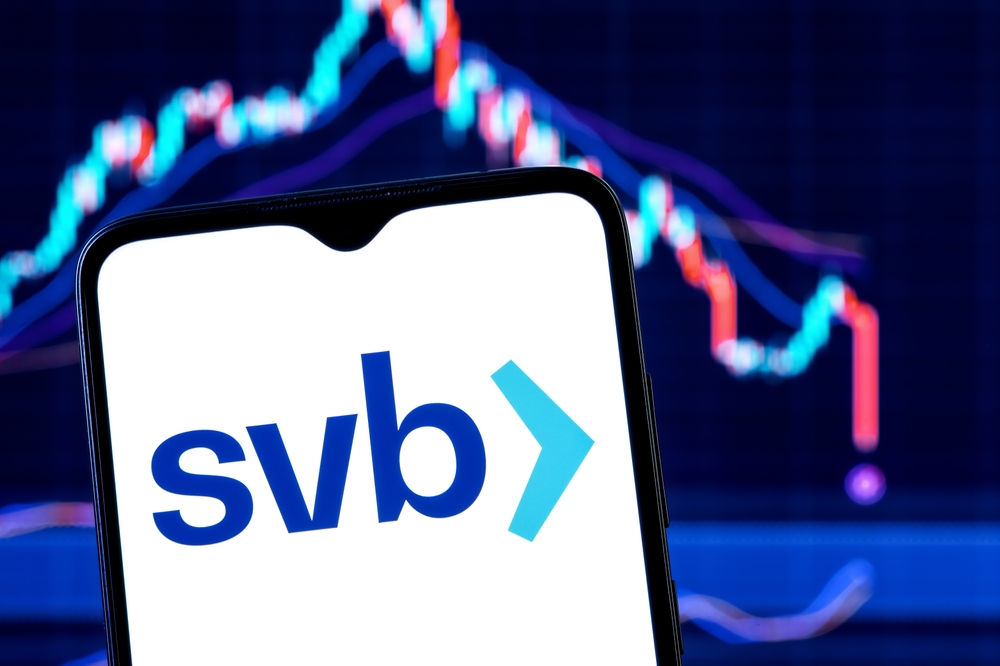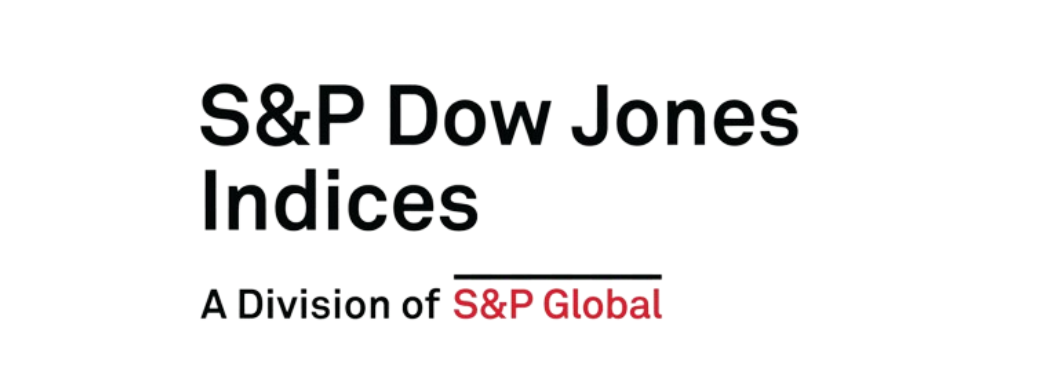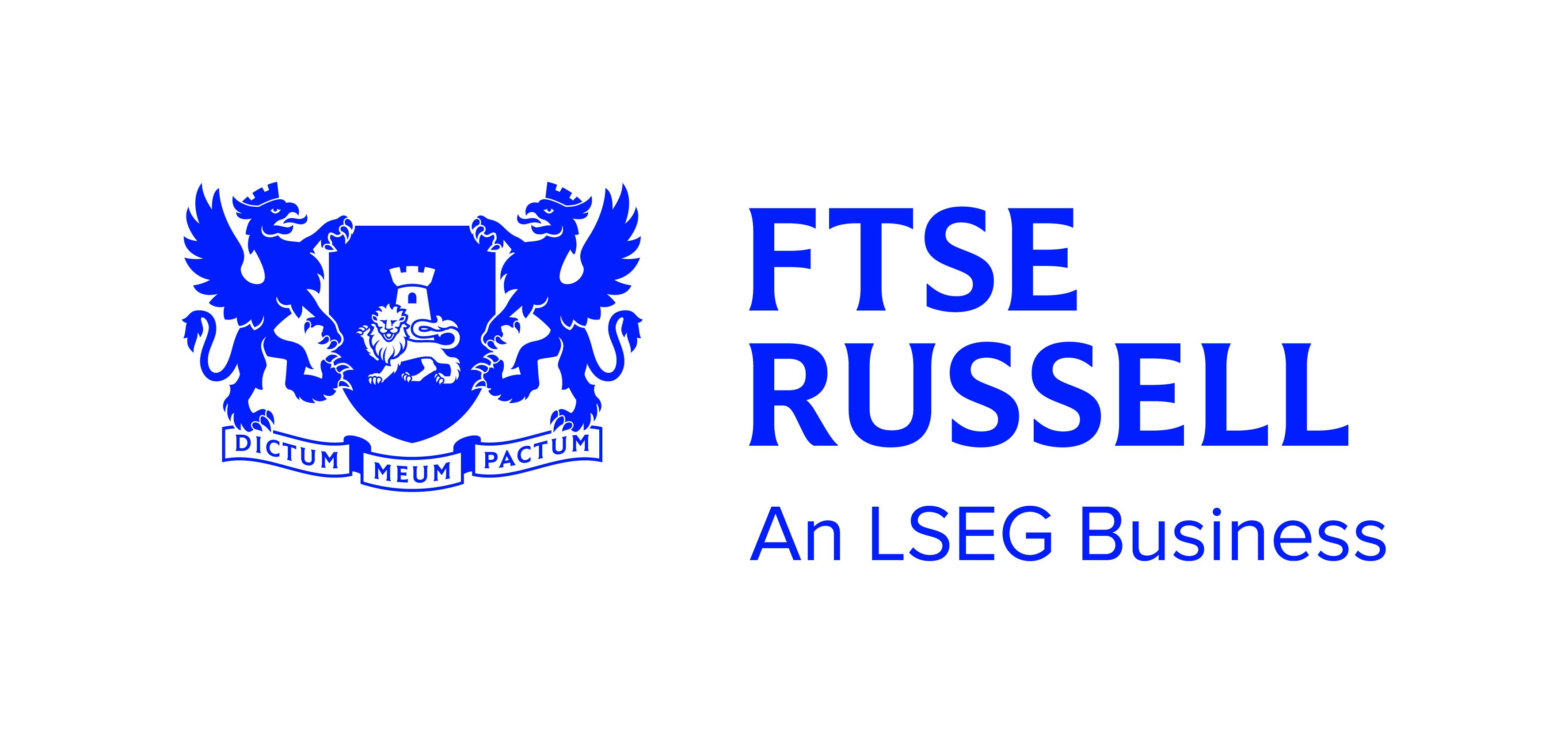Silicon Valley Bank (SVB) and Signature Bank face the same treatment as Russian securities after the invasion of Ukraine last year as index providers rush to delete the banks from their benchmarks at a price of zero.
MSCI, S&P Dow Jones Indices, FTSE Russell, Morningstar and STOXX confirmed they are set to delete SVB from their indices between 14 and 20 March, with all but FTSE Russell confirming they will also delete collapsed Signature Bank within the same window.
Much like Russian stocks that were priced to zero and removed from benchmarks, the collapse of SVB and Signature’s share prices crystallised in products such as S&P 500 ETFs where the companies’ equity became worthless before being replaced by healthcare and consumer staples companies Insulet and Bunge, respectively.
According to Bloomberg Intelligence, index tracking ETFs and index funds lost at least $6.5bn from SVB’s collapse alone, with ETFs investing a combined $1.3bn in the bank.
Bloomberg Intelligence added the failed venture lender was 71% owned by investment advisers, with the three largest owners being Vanguard, BlackRock and State Street Global Advisers (SSGA).
Rebecca Sin, senior ETF analyst at Bloomberg Intelligence, commented: “ETF holdings of SVB total $1.3bn, with the top categories being equity large cap with $306m, followed by US equity with $173m and financial stock ETFs with $163m. We observe that contagion is starting to spread to these sectors as investors become increasingly nervous.
“ETFs holding SVB face the same fate as most Russia-linked ETFs as the weighting of the failed lender turns into zero, identical to Russian stocks' and benchmarks' weighting in global indexes after the country invaded Ukraine in February 2022.”
The BlackRock Investment Institute said on Monday the collapse of SVB and Signature Bank marked an “important crack” emerging in the financial system on the back of the Federal Reserve’s fastest rate hike since the early 1980s.
However, the asset manager said this is “not a 2008 repeat” as transparent and liquid US Treasuries were at the heart of recent instability rather than assets with opaque valuations.
It remained cautious about its outlook for US banks and expects knock-on effects for the wider economy such as sparser credit available to sectors including tech.
“These developments are also likely to hurt confidence and increase risk aversion,” BlackRock said. “We do not see these developments allowing the Fed to halt its rate hike campaign – this is a very different environment from 2008 when all monetary policy levers were used to support the economy.
“Instead, by shoring up the banking system, the Fed can focus monetary policy on bringing inflation down to its 2% target.”











